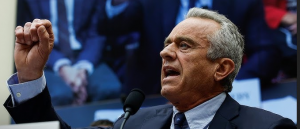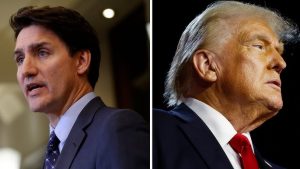The recent presidential pardon granted to Hunter Biden serves both as a significant legal maneuver aimed at mitigating the consequences he faced and a catalyst for heated discussions surrounding its political ramifications. Hunter Biden was awaiting sentencing for two federal cases: a criminal conviction concerning false statements made during a gun purchase, and a separate tax case involving unpaid taxes from 2016 to 2019. This pardon complicates the ongoing discourse on justice, political motivation, and the use of power among U.S. presidents.
Biden's Controversial Pardon of Son Hunter: A Political Perspective

Biden's Controversial Pardon of Son Hunter: A Political Perspective
US President Joe Biden's decision to pardon his son Hunter has sparked debates regarding the implications of familial clemency and the boundaries of presidential power.
The notion of a presidential pardon is outlined in the U.S. Constitution, allowing presidents to grant reprieves for federal offenses, restoring rights such as the ability to vote and run for office. While this power has been utilized by numerous presidents across the political spectrum, Biden's decision to pardon his son, who is the first child of a sitting president to be convicted, delves into personal and political territory that has drawn criticism from figures like Donald Trump. The debate stalls around the broader implications of such pardons, especially in light of Trump's own legal battles and possible future pardons for those involved in the January 6 Capitol riot.
The public's response highlights the complex confluence of justice, family loyalty, and political accountability, illustrating the diverse perspectives that underscore interpretations of fairness in the judicial system. In this instance of political clemency, critical questions endure about the precedence set by presidential pardons in shaping the landscape of American justice and the ethical implications of using such powers for family benefit.
Biden’s pardoning of Hunter reaffirms an enduring legacy of presidential pardons, juxtaposing politics and familial ties within a contentious national dialogue.
The public's response highlights the complex confluence of justice, family loyalty, and political accountability, illustrating the diverse perspectives that underscore interpretations of fairness in the judicial system. In this instance of political clemency, critical questions endure about the precedence set by presidential pardons in shaping the landscape of American justice and the ethical implications of using such powers for family benefit.
Biden’s pardoning of Hunter reaffirms an enduring legacy of presidential pardons, juxtaposing politics and familial ties within a contentious national dialogue.





















